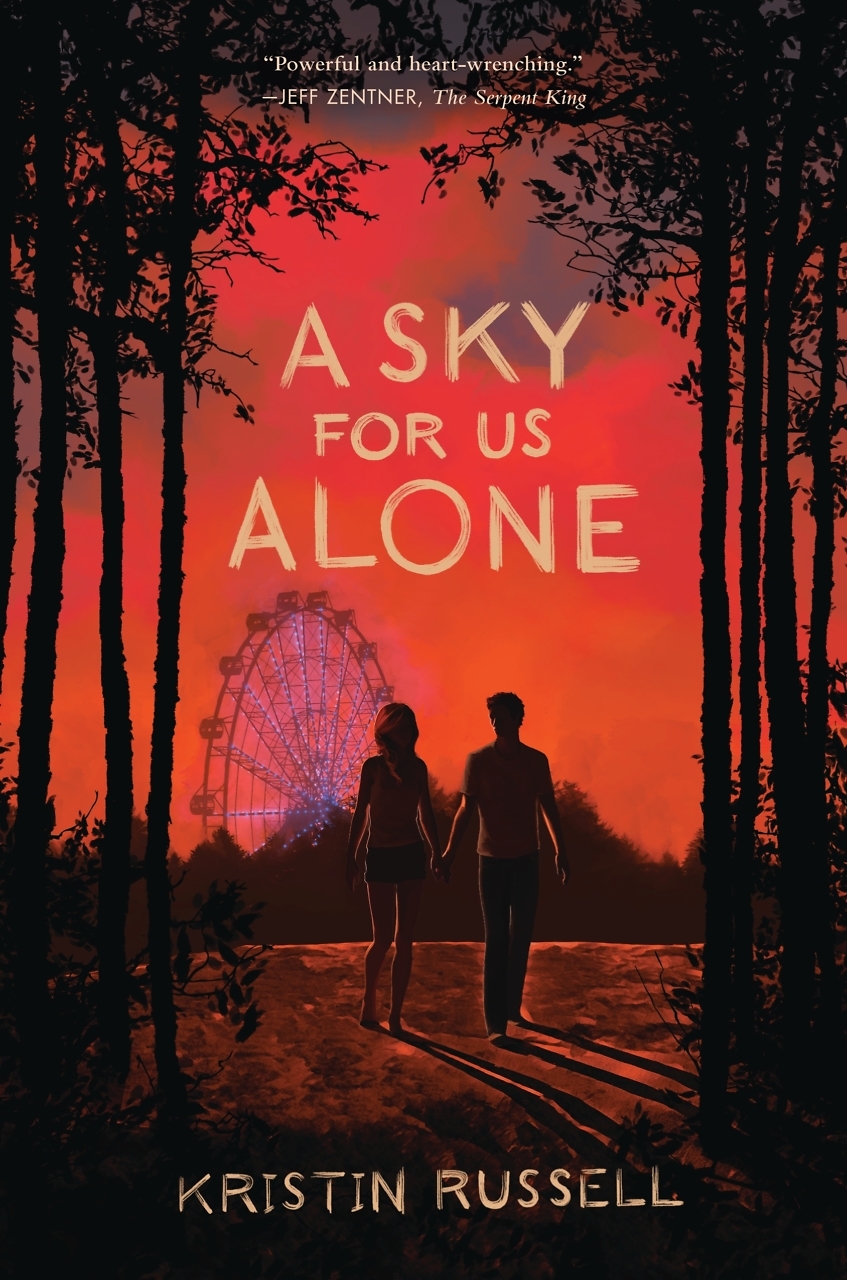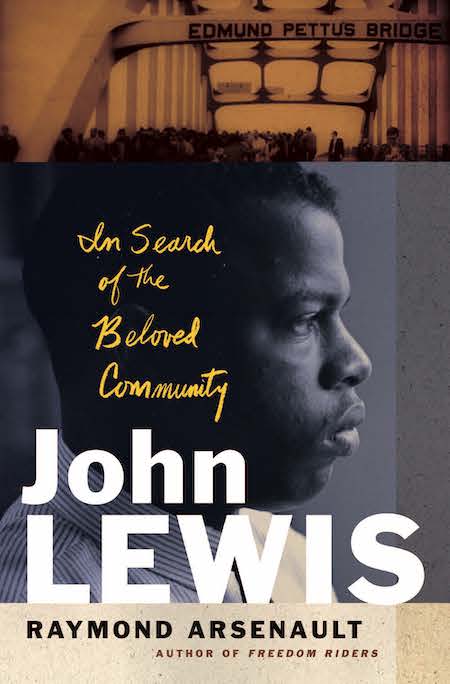The Way We Never Were
Patti Callahan Henry’s new novel portrays a family in crisis
In her latest novel, The Stories We Tell, Patti Callahan Henry examines the secrets women tell themselves. Eve Morrison is the epitome of a woman who has it all: she married into old Savannah money, and her life is full of social events where she and her husband, Cooper, can hobnob with other members of the economic elite. She has a gorgeous house, a beautiful daughter, and a fulfilling career as the owner of a letterpress studio. Then Cooper and Eve’s sister Willa, who has been staying with them while she gets her life together, are involved in a car accident. Both survive, but not without changing in ways that sets Eve on a quest to discover the truth of what happened that night.
 Readers may be forgiven if they think they know the direction this novel will travel: the tale of a traumatic event that forces a hard truth on an unsuspecting wife is a familiar one. But Henry skillfully takes her protagonist on a journey that readers may not suspect as Eve tries to figure out what really happened the night of the accident. Suspicious circumstances abound: a homeless man is found dead in the same area. Anonymous cards with ugly insinuations appear in the mail.
Readers may be forgiven if they think they know the direction this novel will travel: the tale of a traumatic event that forces a hard truth on an unsuspecting wife is a familiar one. But Henry skillfully takes her protagonist on a journey that readers may not suspect as Eve tries to figure out what really happened the night of the accident. Suspicious circumstances abound: a homeless man is found dead in the same area. Anonymous cards with ugly insinuations appear in the mail.
This novel is more than a story about what Cooper and Willa were doing that night. In Eve’s search for the truth, she is forced to face other issues head-on as well, including a long-standing suspicion that she and her family have been adrift. Her daughter’s anger and frustration seem to be more than typical teen rebellion. Her husband clearly resents her success in the business world. And she knows her in-laws have never respected her. (On her wedding day, Eve overheard her mother-in-law say, “My only son, and this is what I get for loving him so much. He goes and marries a girl way beneath him. I swear I thought he’d back out at the last minute.”)
Henry is adept at revealing the small details that signal a life gone somehow awry. As a lover of print and typeface, for example, Eve keeps a manual typewriter in the kitchen: “During our first few years of living in the house, I typed love notes to Cooper and left them on the kitchen counter for him to see when he woke or left for work—private jokes, intimate thoughts. Then slowly—who knows when anything turns from one thing to another—notes became a vehicle for fact communication: Home by 6 after yoga. Gwen has chorus practice until 7; please pick her up on your way home. Changing again, the typed notes became text messages, until the useless typewriter now sits as a reminder of my first stake claimed.”
In the South, telling a lie is sometimes called telling a story. In this novel, Henry examines such stories, the lies we tell each other and ourselves so we can believe our lives aren’t truly out of control or following the wrong path. But she also shows that by changing the story we tell, we can come, although not without pain, to a more honest place.

Faye Jones, dean of learning resources at Nashville State Community College, writes the Jolly Librarian blog for the college’s Mayfield Library. She earned her doctorate in nineteenth-century literature at Indiana University of Pennsylvania.


